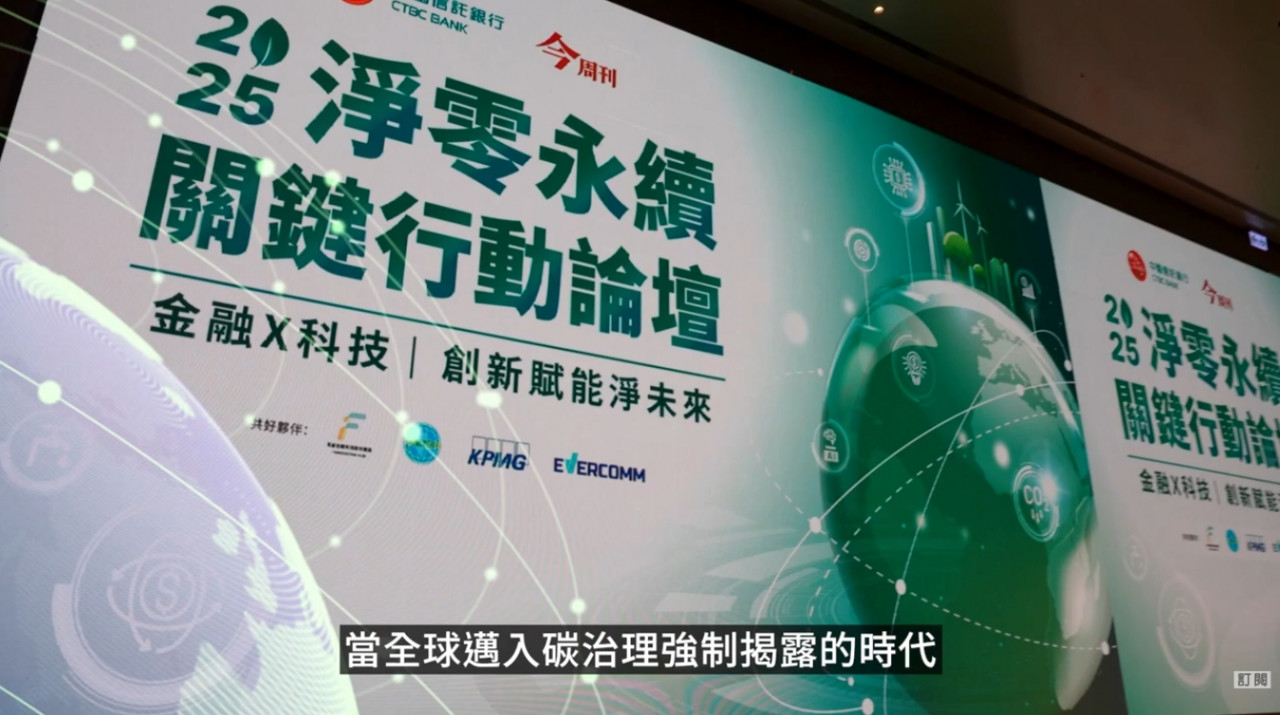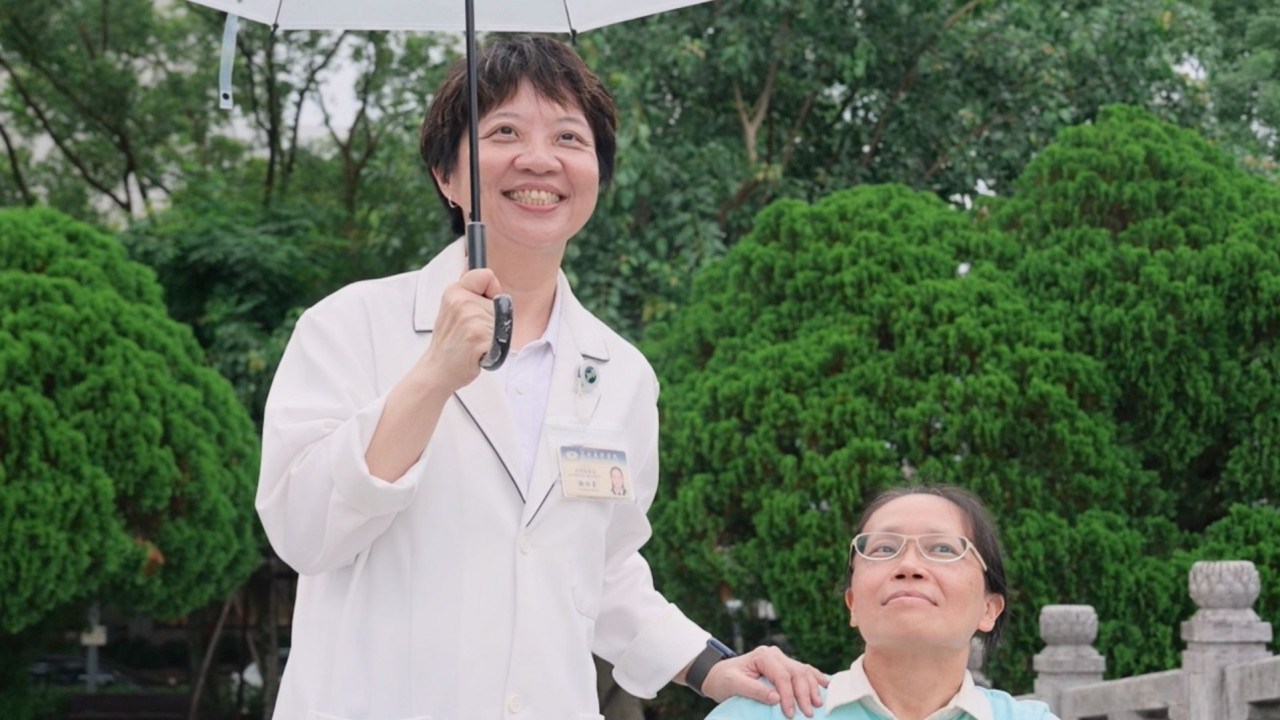Tom Fifield, who became a naturalized Taiwanese citizen last year, established a bond with the country in 2008 when traveling to Taiwan for a conference held by national academy Academia Sinica. Having known about the country since college due to its IT capabilities, Fifield said he had been to over 60 countries, but it was Taiwan that he sensed had something “special in it,” and he yearned to start a life there, he told Business Today.
He has only become more affectionate toward the country since then, impressed by the programming aces around him, the conveniences, and most importantly the warmth he receives from its people. “When you’re standing on a street corner, looking lost, looking at a map, someone will come up to you and make their best attempt at a foreign language to give you directions and try to help you out,” he said.
In addition to the hospitality of locals, Fifield has also observed that “the government seems keen to heed public opinions.” The street rallies demonstrate Taiwanese society's passion for democracy, and “it’s incredible (Digital Minister) Audrey Tang (唐鳳) managed to launch the mask distribution system swiftly at the onset of the COVID-19 pandemic,” Fifield said.
Out of his love for the country, he used his influence to convince OpenStack Foundation, a non-profit corporate entity promoting a free, open standard cloud computing platform, to select Taiwan as the host of its first-ever hackathon in 2016. Taiwan's champion team then visited the U.S. for an OpenStack summit and shared their country’s cloud computing innovations with 7,500 experts from 60 countries.
The Australian engineer was one of the first professionals to be granted the “Employment Gold Card,” a program rolled out in 2018 to attract highly skilled foreign nationals to live and work in Taiwan with incentives such as tax breaks and health insurance coverage.
The policy, while well-intentioned, was not being promoted effectively, however, and its English website was not managed well, Fifield reckoned. He thus decided he would contribute by making the Gold Card better known to foreigners.
He enlisted the assistance of a French friend and created a whole new website with a more user-friendly interface and clearer layout. He has since become a de facto pitchman for the program and assisted many with their applications. “I hope that more talented people can move to Taiwan and make the country stronger,” he said.
Over 3,500 cards have been issued since 2018, according to Fifield, a sign Taiwan is increasingly an ideal destination for immigration.
As someone who believes actions speak louder than words, Fifield said he hates it when people refer to Taiwan as a “ghost island,” a derogatory term some locals use to describe the country. “No country is perfect,” he said, adding, “If you’re not happy with your country, why don’t you stop complaining and do something to make it better?”









